Bitumen is really the fluid folio that holds bitumen price per kg together. The term bitumen is frequently erroneously used to portray black-top.
A bitumen-fixed street has a layer of bitumen showered and afterward secured with a total. This is then rehashed to give a two-coat seal.
Black-top is delivered in a plant that warms, dries and blends total, bitumen and sand into a composite blend. It is then applied through a clearing machine nearby as a strong material at an assigned or required thickness, comparative with the end use. Black-top outcomes in a smoother and more solid black-top street surface than a bitumen-fixed street.
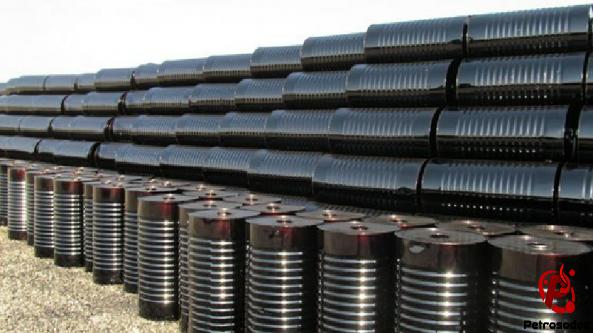
An overview on bitumen
 Bitumen is a coupling specialist delivered from oil. Bitumen is known for being emphatically cement and impervious to harm from water and oil slicks. This makes best quality bitumen the ideal folio for black-top since black-top is usually utilized as a surface for streets, vehicle parks and carports.
Bitumen is a coupling specialist delivered from oil. Bitumen is known for being emphatically cement and impervious to harm from water and oil slicks. This makes best quality bitumen the ideal folio for black-top since black-top is usually utilized as a surface for streets, vehicle parks and carports.
Bitumen can be delivered to various details relying upon how it will be utilized however in all cases, bitumen is made by refining raw petroleum. This cycle eliminates the lighter fluid and leaves a thick clingy substance that, on account of black-top, will hold substantial total like stones and rock with sand.
Bitumen can likewise be mistaken for tar, which is another coupling specialist that when blended in with total, makes landing area.
bitumen price per kg on the market
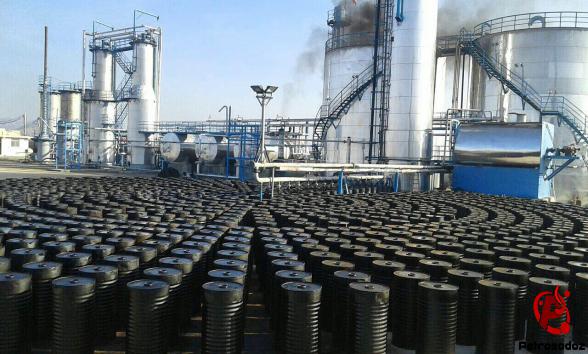 Consistency Grade Bitumen (Asphalt) is a Bitumen level generally utilized as a Paving Grade and it’s reasonable for street development and for the black-top asphalts delivering with chief ascribes. VG Bitumen is normally utilized in the creation of hot blend black-top.
Consistency Grade Bitumen (Asphalt) is a Bitumen level generally utilized as a Paving Grade and it’s reasonable for street development and for the black-top asphalts delivering with chief ascribes. VG Bitumen is normally utilized in the creation of hot blend black-top.
Consistency Grade bitumen suppliers uk is oil grade bitumen, which created from fragmentary vacuum base which originates from refining of raw petroleum, which doable machine and conduct changes as indicated by its temperature.
Thickness Grade bitumen is indicated by ASTM Standard D3381-09 and AASHTO M226-80 (2008). VG Bitumen details spread by Viscosity at 60 ̊C (140 °F).
We have two strategies for evaluating:
Standard Viscosity Grade Bitumen (AC-Grades), in which the Viscosity of the standard bitumen (black-top) is estimated at 60 ºC (140 ºF).
RTFOT Viscosity Grade Bitumen (AR-Grades), in which the Viscosity of bitumen (black-top) is estimated at 60 °C (140 °F) after the move on slight film broiler test.
Thickness grade bitumen has a thermoplastic component which makes the material relax at high temperatures and to solidify at lower temperatures. This temperature consistency importance is critical while determining the presentation boundaries, for example, the bond, rheology, sturdiness and application temperatures of bitumen. In the Viscosity Grade Bitumen determinations, the most significant stresses depends on the Bitumen pliability.
Viscosity Grade Bitumen Uses
VG-10 BITUMEN
VG-10 is mostly used in spraying applications such as surface dressing and Paving in very cold climate instead of 80/100 penetration bitumen grade. It is also used to produce Bitumen Emulsion and Modified Bitumen products.
VG-20 BITUMEN
VG-20 is used for paving in cold climate & high altitude regions.
VG-30 BITUMEN
VG-30 is especially used to construct extra heavy duty Bitumen pavements that need to tolerate significant traffic loads. It can be used instead of 60/70 penetration bitumen grade.
VG-40 BITUMEN
VG-40 is used in highly stressed areas such as intersections, near toll booths and truck parking lots instead of 30/40 penetration grade. Because of higher viscosity, stiffer Bitumen mixes can be produced to amend resistance to shoving and other problems related to higher temperature and heavy traffic loads.

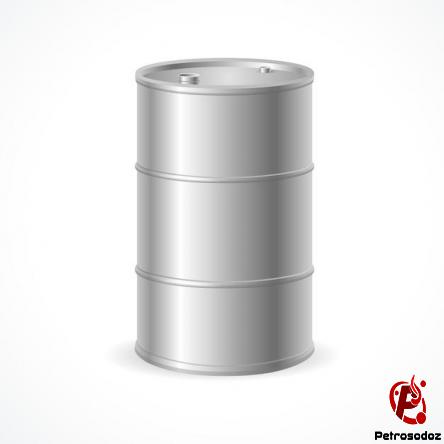
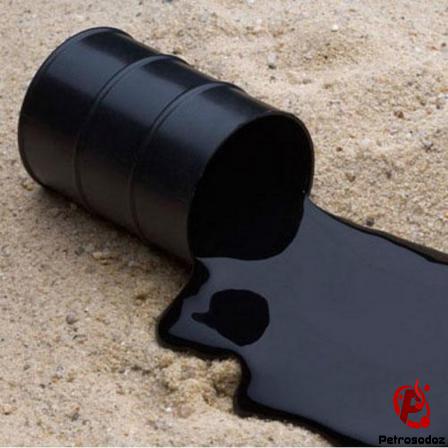



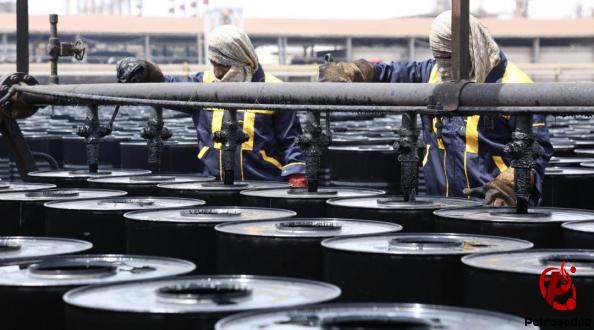
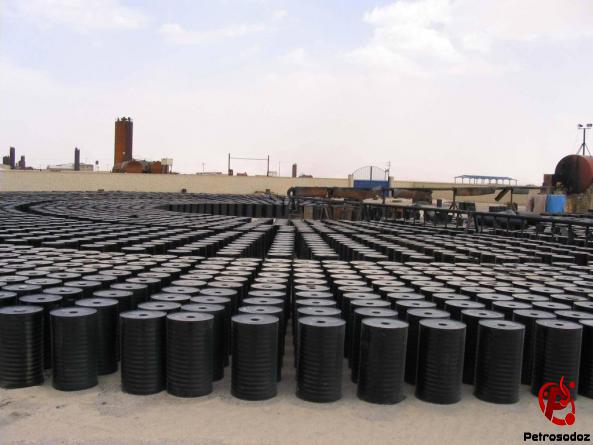
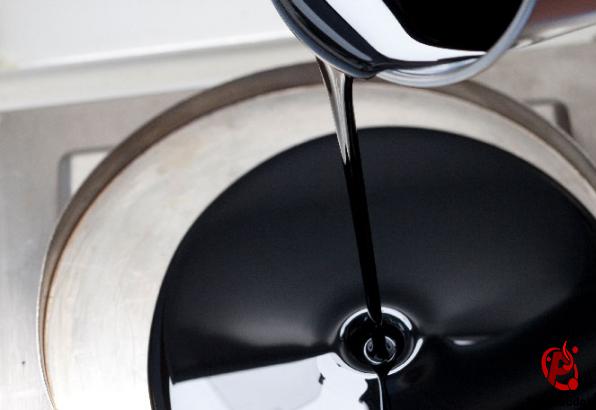
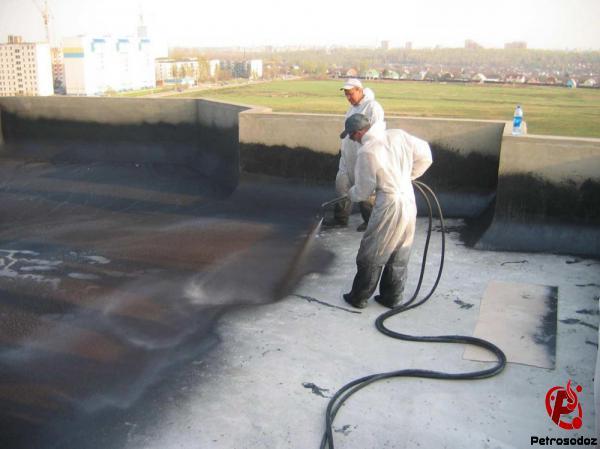
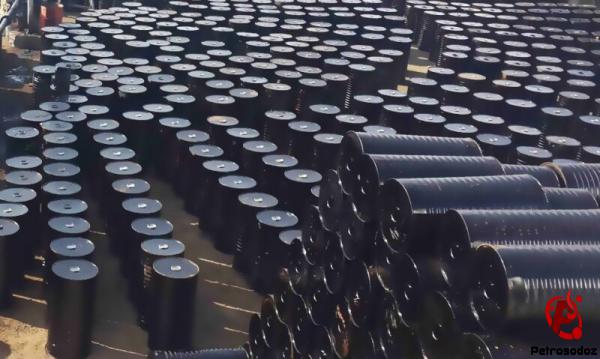
Your comment submitted.